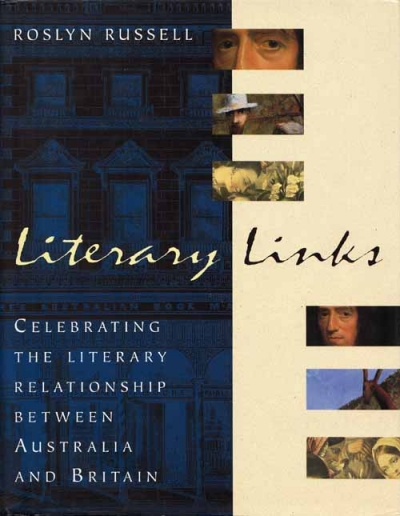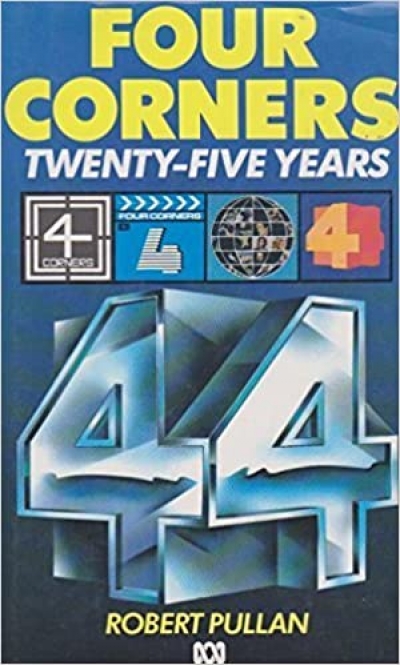Archive
Was Your Dad A Russian Spy?: The personal story of the Combe/Ivanov Affair by David Combe’s wife by Meena Blesing
by Bronwen Levy •
Henry Handel Richardson and Her Fiction by Dorothy Green
by Anne Diamond •
Literary Links: Celebrating the literary relationship between Australia and Britain by Roslyn Russell
by Brian Matthews •
Greg Matthews: The Spirit of Modern Cricket by Roland Fishman
by Barry Andrews •
George Johnston by Garry Kinnane & A Foreign Wife by Gillian Bouras
by Patrick Morgan •
The Delinquents by Criena Rohan & Down by the Dockside by Criena Rohan
by Christina Thompson •










